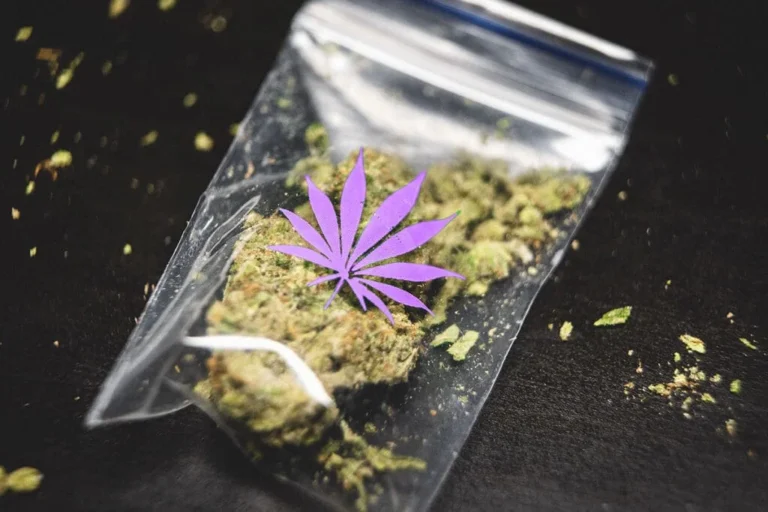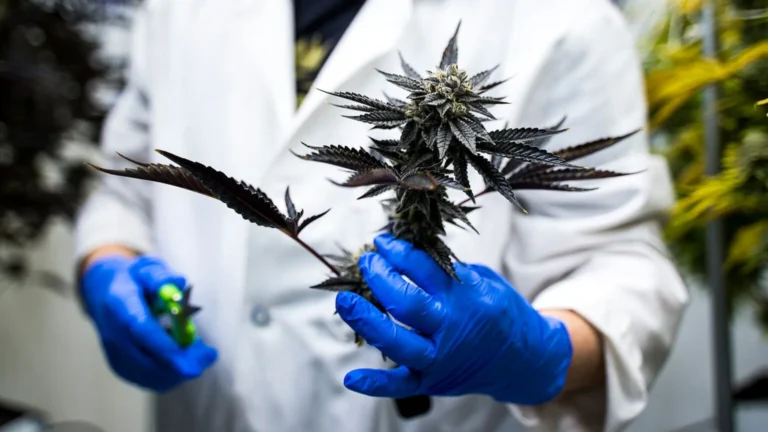Delta 9 Withdrawals
Delta 9-tetrahydrocannabinol (Delta 9 THC) is the main psychoactive compound in cannabis, responsible for the euphoric high that users often seek. While cannabis is generally seen as a relatively safe substance, especially compared to others, it can still lead to dependency and withdrawal symptoms for some individuals. Recognizing the signs of Delta 9 withdrawal is crucial for those considering cutting back or stopping cannabis use, as well as for healthcare providers assisting patients through the process.
Delta 9 withdrawals refer to the physical and psychological symptoms that can arise when a regular user reduces or stops their cannabis intake. Although these symptoms are generally milder than those linked to substances like alcohol or opioids, they can still be difficult to manage and disrupt daily life.
Withdrawal symptoms usually start within 24 to 72 hours after the last use of cannabis. The severity and type of symptoms vary based on factors like how long and how often someone has used cannabis, as well as individual factors such as genetics, overall health, and mental well-being. Common symptoms of Delta 9 withdrawal include irritability, anxiety, difficulty sleeping, reduced appetite, mood swings, headaches, and digestive discomfort. Some individuals may also experience strong cravings for cannabis, making it harder to stay abstinent.
One of the main reasons for experiencing Delta 9 withdrawal is the body’s adjustment to THC. Delta 9 THC interacts with the endocannabinoid system, which plays a vital role in managing key bodily functions like mood, appetite, sleep, and pain regulation. Frequent cannabis use can alter the endocannabinoid system, causing the body to become dependent on THC to maintain balance. When cannabis use is reduced or stopped, the sudden lack of THC can disrupt this equilibrium, triggering withdrawal symptoms.
The psychological effects of Delta 9 withdrawal can be particularly difficult to manage. Anxiety, mood swings, and irritability are common, often leaving individuals feeling restless and agitated. Insomnia is another major challenge, especially for those who have used cannabis to aid sleep. This disruption in sleep can intensify other withdrawal symptoms, creating a cycle that can be hard to break.
Managing Delta 9 withdrawals requires a comprehensive approach. For many individuals, the support of loved ones or a healthcare provider is invaluable. Behavioral techniques, such as maintaining a consistent sleep routine, staying active, and practicing mindfulness or meditation, can be helpful in alleviating symptoms. In certain cases, healthcare professionals may recommend over-the-counter medications to address specific issues like headaches or digestive discomfort.

Therapy and counseling are also vital components in managing Delta 9 withdrawals. Cognitive-behavioral therapy (CBT) has proven especially effective, helping individuals recognize the patterns and triggers behind their cannabis use while developing healthier coping mechanisms. Support groups, whether in-person or online, offer a sense of community and shared understanding, which can be highly reassuring throughout the withdrawal process.
Recognizing the potential for Delta 9 withdrawals underscores the importance of using cannabis responsibly. For those using it for medical reasons, following a healthcare provider’s guidance is key to reducing the risk of dependency and withdrawal. Recreational users should also monitor their consumption and remain aware of any signs of dependence.
While Delta 9 withdrawals are generally milder than those linked to other substances, they can still present challenges for individuals cutting back or discontinuing use. Acknowledging the symptoms and causes of Delta 9 withdrawals is the first step in effectively managing them. With the right strategies and support system, individuals can successfully navigate the withdrawal process and work towards a healthier, more balanced lifestyle. Whether using cannabis for medicinal or recreational purposes, awareness and understanding of Delta 9 withdrawals are essential for responsible consumption.






